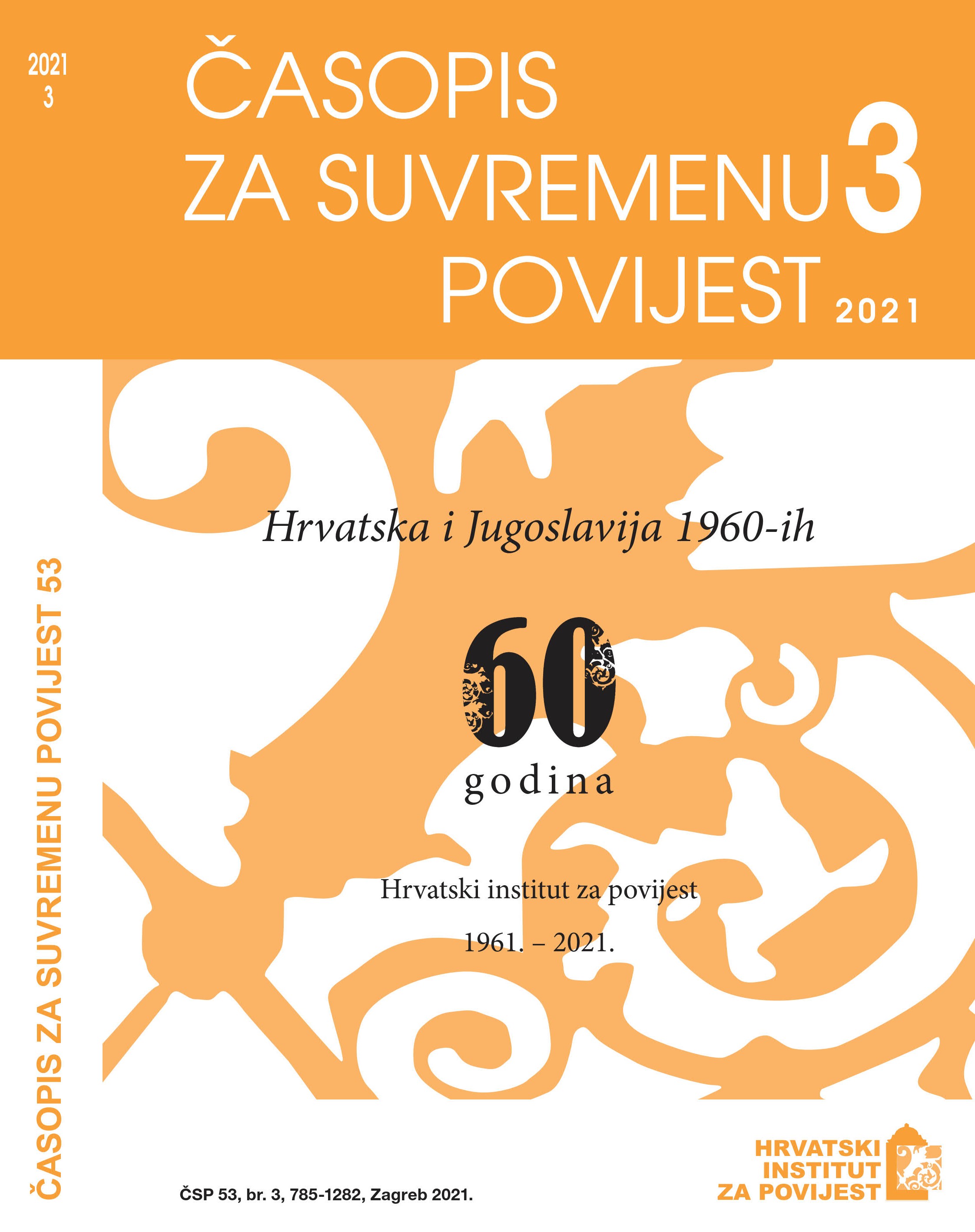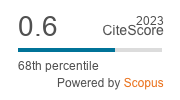The Soviet View of the Events in Croatia and Yugoslavia in the Second Half of the 1950s and the Early 1960s
DOI:
https://doi.org/10.22586/csp.v53i3.18869Keywords:
Soviet Union; Croatia; Yugoslavia; ideology; culture; propagandaAbstract
The Soviet view of Croatia, as well as the situation in Yugoslavia, resulted from Soviet interests, its efforts to draw Yugoslavia into its orbit of influence. Particular reluctance was evident on the realm of ideology and purported Western influence, the effectiveness of which was exaggerated in the Soviet documents.
In the political dimension, the Kremlin was interested to which extent directives from the center were implemented at the republican level. The attitudes of local politicians toward the actions of the central authorities were also the matter of interest for Soviets. The fact that Croatia was the second richest republic and its aspiration for greater decision-making were regarded as negative phenomenon. Discussions about the competencies of the republics were depicted as closely tied to the national question, referring to the difficult experiences of the first half of the 20th century.
In the economic and cultural sphere, there was particular interest in the possibilities of cooperation and building up one's own influence in the Croatian SR. Despite the negative perception of many phenomena in Yugoslav culture, where a critical stance toward the USSR was expressed in film, literature, and the press, Moscow believed that through the presence of Soviet culture - often such as music and theater - it would be possible to gradually gain approval of the public sphere. The Kremlin's propaganda, however, was not as effective in Yugoslavia-as it was throughout the world-as it was in the West. The Soviets paid more attention to events in the center of the country, although they did not ignore regional events either.
Downloads
Published
How to Cite
Issue
Section
License
Copyright (c) 2021 authors and journal

This work is licensed under a Creative Commons Attribution-NonCommercial 4.0 International License.
Copyright holders are the publisher Croatian Institute of History and the authors. Journal of Contemporary History is an Open Access journal. Users are allowed to read, download, copy, redistribute, print, search and link to material, and alter, transform, or build upon the material, or use them for any other lawful purpose as long as they attribute the source in an appropriate manner according to the Creative Commons licence CC BY-NC. The papers published in Journal of Contemporary History can be deposited and self-archived in the institutional and thematic repositories providing the link to the journal's web pages and HRČAK. Journal does not charge article processing charges (APC). The editors assume no responsibility for statements of fact or opinion made by contributors.




